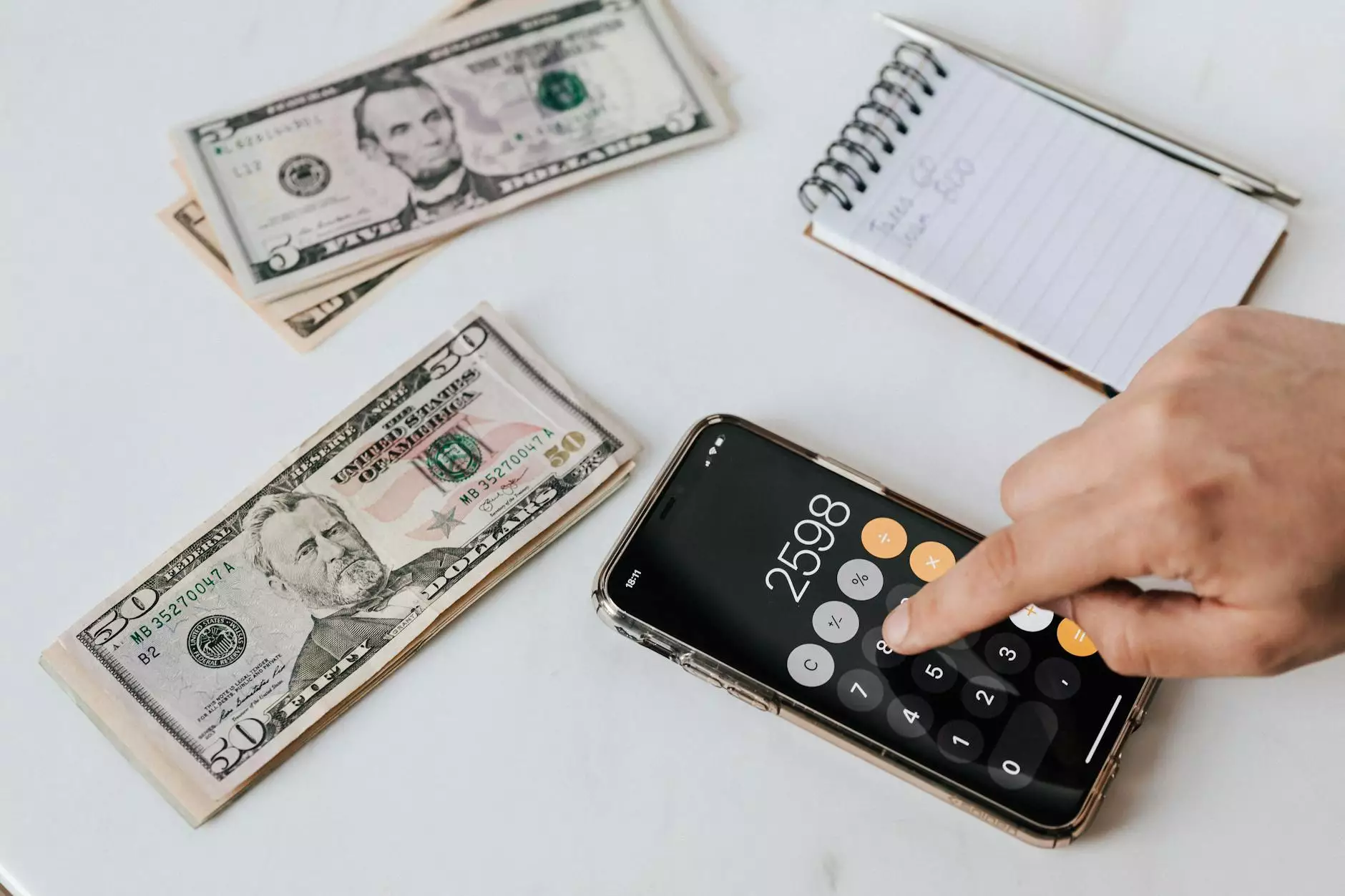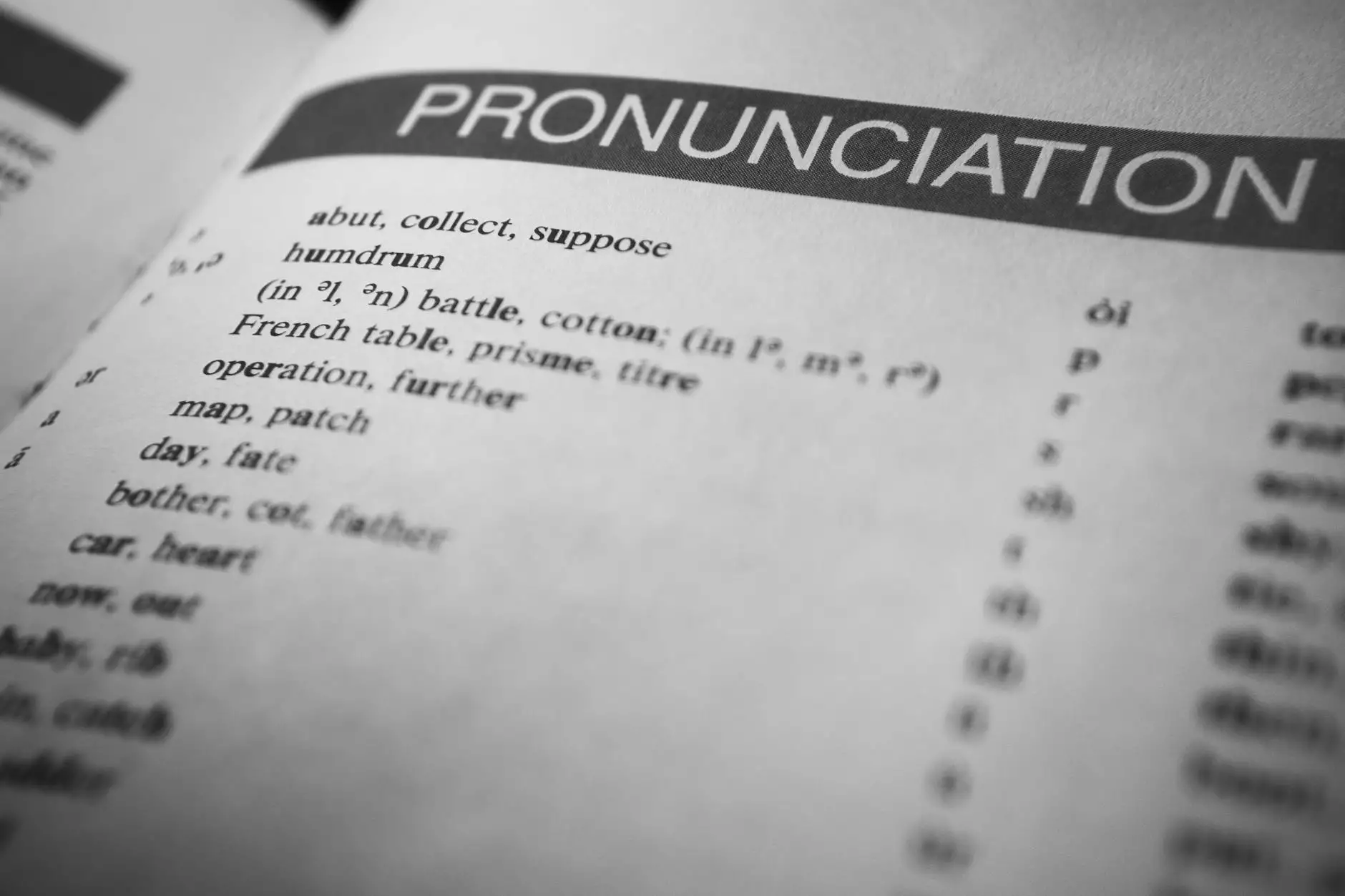8 Phrasal Verbs With Give - English Vocabulary Lesson
English Vocabulary Lessons
Introduction
Welcome to NJCLT's comprehensive English vocabulary lesson focused on 8 phrasal verbs with the word 'give'. In this lesson, we will explore these versatile expressions in detail, helping you enhance your English skills and expand your vocabulary. Let's dive right in!
1. Give up
Give up means to stop doing something or quit. It can refer to giving up a habit, a goal, or a particular action. For example, "I decided to give up smoking for the sake of my health." Use this phrasal verb when you want to express the act of abandoning or renouncing a certain behavior or objective.
2. Give in
Give in refers to yielding or submitting to someone or something, often due to pressure, persuasion, or exhaustion. It can also imply giving in to someone's demands or requests. For instance, "Despite my initial reluctance, I eventually gave in and agreed to their proposal." Use this phrasal verb when you want to convey the act of surrendering or compromising.
3. Give off
Give off means to emit or release something, such as a scent, odor, or energy. It can also be used when something produces a particular effect or impression. For example, "The flowers in the garden give off a pleasant fragrance." Use this phrasal verb when describing the process of emitting or producing something.
4. Give back
Give back is used when returning or giving something back to its original owner or to someone in need. It is typically associated with acts of generosity or charity. For instance, "We decided to give back to the community by volunteering at the local shelter." Use this phrasal verb to express the act of returning or donating something for a positive cause.
5. Give away
Give away can refer to two different meanings. Firstly, it can mean giving something as a gift or presenting it to someone without expecting anything in return. For example, "She gave away all her old clothes to charity." Secondly, it can mean revealing a secret or disclosing information. For instance, "He accidentally gave away the surprise party secret." Use this phrasal verb in either context depending on the intended meaning.
6. Give up on
Give up on implies losing hope or faith in someone or something. It signifies abandoning expectations or belief in someone's potential or a particular outcome. For instance, "The teacher never gave up on her students, even when they faced difficult challenges." Use this phrasal verb when describing the act of relinquishing hope or faith.
7. Give over
Give over means to surrender or transfer control or ownership of something to someone else. It can also signify devoting or dedicating a significant amount of time or attention to a particular task or activity. For example, "The CEO decided to give over his role to a new leader." Use this phrasal verb when describing the act of handing over control or committing extensively to something.
8. Give in to
Give in to refers to succumbing to a temptation, desire, or external influence. It implies yielding to something against one's will or better judgment. For instance, "She struggled, but ultimately gave in to the temptation to eat the chocolate cake." Use this phrasal verb to express the act of giving in or giving into something.
Conclusion
Congratulations! You have now learned 8 important phrasal verbs with the word 'give'. These expressions are widely used in the English language and understanding their meanings will significantly enhance your English skills. Practice using these phrasal verbs in context to further solidify your grasp on their usage. Keep up the great work in expanding your vocabulary!










